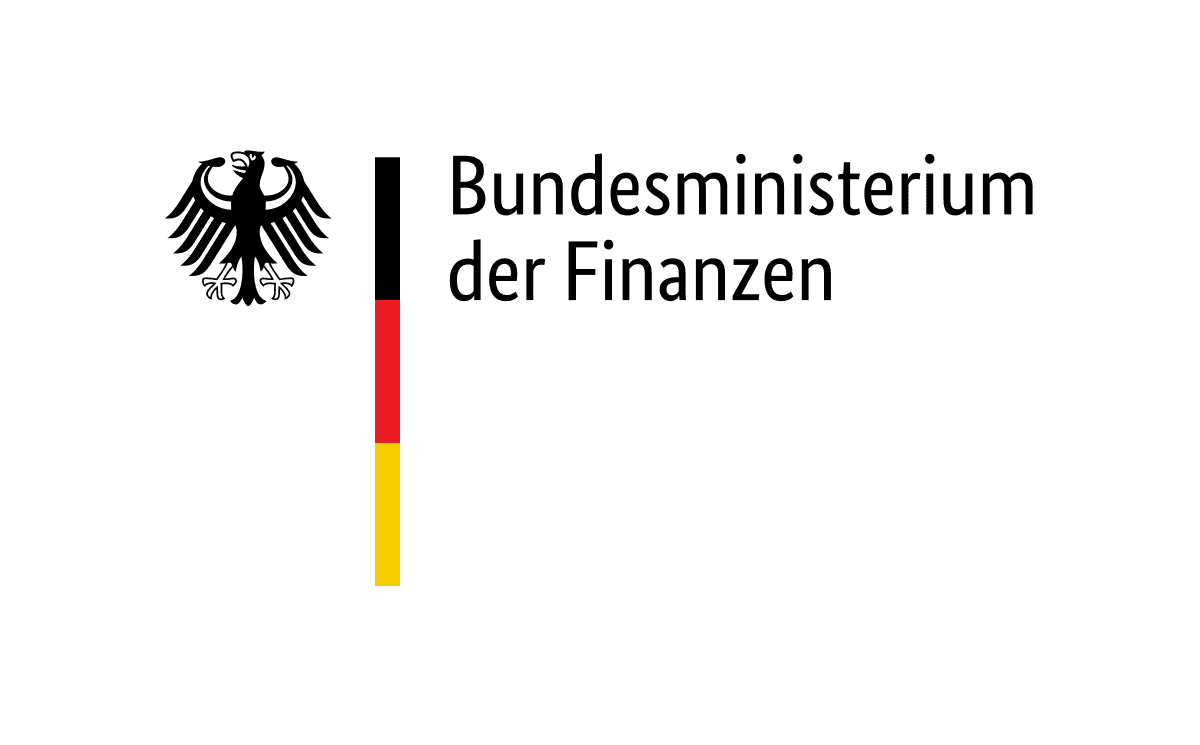

Bundesministerium der Finanzen
The
Bundesministerium der Finanzen (BMF)
editThe Bundesministerium der Finanzen (BMF) is a supreme federal authority of the Federal Republic of Germany that plays a central role in shaping and implementing the federal financial policy agenda.
Key Products and Services
edit- Federal Budget: The BMF is responsible for the annual draft of the federal budget, which specifies how much money the federal government spends on various purposes[4][5].
- Taxes and Financial Policy: The ministry shapes tax policy and ensures a fair distribution of the tax burdens. It develops strategies and concepts for fundamental financial and economic policy issues[2][4].
- Financial Market and Currency Policy: The BMF creates the framework for efficient and stable financial markets, both nationally and internationally. It is involved in reforms of the currency and financial system as well as supervision and regulation[2][4].
- European Policy: The ministry represents Germany's positions on budgetary and financial issues in the European Union and plays a key role in shaping European financial policy. It works closely with the Economic and Financial Affairs Council (ECOFIN) and advocates for the stabilization of the Euro and the European Economic and Monetary Union[1][2].
- Customs and Federal Assets: The BMF oversees the Federal Customs Administration, which combats undeclared work and illegal employment. The ministry is also responsible for the privatization of federal assets and the regulation of war-related burdens[2][4].
Main Mission and Values
editThe Main Mission of the BMF is to ensure the long-term financial capacity of the federal government. To this end, the ministry consolidates the financial interests of the government in the sense of sustainable financial policy. The Federal Minister of Finance has a right of objection in all financial policy decisions of the federal government, which underscores his central role[2].
Sustainability Goals and Initiatives
editThe BMF is committed to several Sustainability Goals:
- Stabilization of the Euro and the European Economic and Monetary Union: Through reforms of financial market supervision, close coordination and monitoring, as well as rescue measures, the stability of the Euro is ensured[1].
- Efficient Use of EU Subsidies: The BMF collaborates with the European Court of Auditors, the European Commission, and the European Anti-Fraud Office (OLAF) to ensure the proper and efficient use of paid European subsidies[1].
- Sustainable Financing: The ministry supports secure and sustainable financing practices and promotes the integration of sustainable financing into German and European financial policy[1][2].
Further Relevant Information
editThe BMF is also responsible for the issuance of postage stamps labeled "Deutschland" and maintains a scientific advisory board, a FinTech Council, and an advisory board for sustainable financing to comprehensively support its tasks[1][2].
Overall, the Bundesministerium der Finanzen is a central player in German and European financial policy, advocating for a solid, sustainable, and stable financial order.
Sources:
edit- 1 - https://de.wikipedia.org/wiki/Bundesministerium_der_Finanzen
- 2 - https://www.service.bund.de/Content/DE/DEBehoerden/B/BMF/Bundesministerium-der-Finanzen.html?nn=4641496
- 3 - https://www.bundesfinanzministerium.de/Content/DE/Video/Gebaerden/BMF-Aufgaben/bmf-aufgaben.html
- 4 - https://www.bundesfinanzministerium.de/Content/DE/Standardartikel/Video-Textfassungen/Finanzisch/textfassung-finanzisch-fuer-anfaenger-bmf.html
- 5 - https://www.bundesfinanzministerium.de/Web/DE/Themen/themen.html